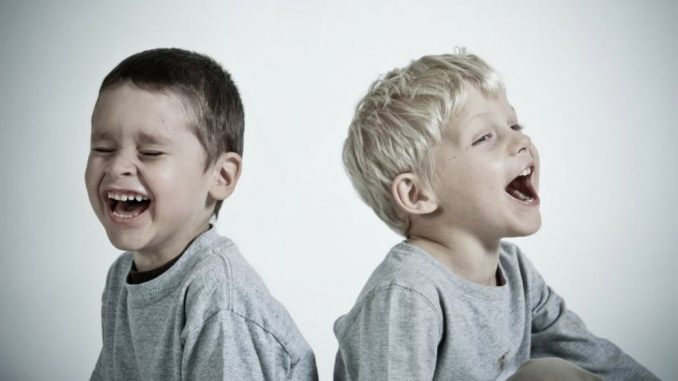
What are social skills?
Social skills are the skills we use to communicate and interact with others. This includes verbal as well as non-verbal actions. Social skills or interpersonal skills are essential for developing relationships and friendships with others. Helping children to develop social skills means that they will be better prepared for school and later life.
Social skills are important for functioning in society. This includes: using good manners, speaking and communicating effectively, being considerate to other people’s feelings and being able to express personal needs in order to function in society. As children grow their social skills and needs will become more complex and require additional support.
How to teach your child social skills
Children learn through experience and the more experiences they have, the more they learn.
Social skills are skills that children learn best through experience and role play. This means they need opportunities to interact with others to overcome shyness, gain confidence, stay within boundaries and even learn to share.
Before social skills can be learnt, your child needs to become emotionally secure. To develop this security, parents should:
- Hug their children often
- Give them lots of words of encouragement
- Show them how pleased you are when they do well and smile at them often
- Allow children to explore their surroundings safely under your watchful eye
- Give them the opportunity to play with other children their age
- Give them opportunity to interact with adults, saying ‘Hello’ and ‘Goodbye’
- Establish routines, so that your child knows what’s going to happen next
- Show your child your feelings. Show them that you can be happy and sad too.
- Help them to understand other people’s feelings to develop empathy
- Comfort your child when they are upset and talk to them about how they feel. Speak to them softly so that they learn how to comfort others
- Show your child how to share, be kind and generous
- Encourage them to try new things and be brave
- Do not criticize or harshly reprimand them as this will undermine their emotional development
- Read them books about feelings and discuss the stories.
As long as children feel happy, secure and supported, they will develop confidence and courage to do more for themselves.
Forming safe and secure relationships with others is the foundation to good social skills.

Be the first to comment